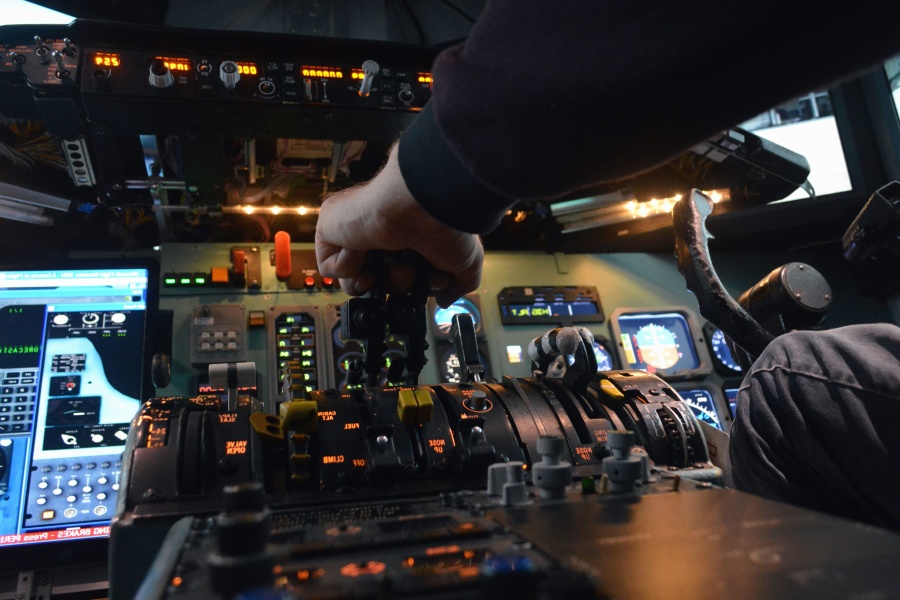An international shortage of airplane pilots is putting the air travel industry"™s recent growth at risk.
The lack of pilots has caused more planes to stay on the ground. It has also meant that higher pay has cut into airline companie"™ profits. At the same time, labor unions around the world are pushing for more pilot benefits.
Airlines such as Dubai-based Emirates and Australia"™s Qantas Airways have poured resources into hiring. But both companies have struggled in recent months to use their their planes as often as their business plans permit because of delays in training new pilots.
Pilots for Ireland"™s Ryanair are forming labor unions across Europe. They are seeking better working conditions. And pilots with Air France are striking over pay.
In the United States, pilots who took pay cuts when some companies went bankrupt 10 years ago are receiving big raises.
Airlines are now reporting strong profits. However, the increase in employee costs comes as higher oil prices are already creating financial stress on the industry. Airlines say ticket prices have not risen at the same speed as the companie"™ costs have.
The high cost of pilot training and several years of earlier hiring freezes in places like the U.S. and Australia are some of the reasons for the pilot shortage.
The industry needs many new pilots. Boeing estimates that number to be 637,000 more pilots over the next 20 years. And the International Air Transport Association estimates airline traffic will nearly double during that same period.
Companies like the Canadian training group CAE Inc and L3 Technologies are building new flight simulators to profit from the demand for pilot training. Planemakers Airbus and Boeing also are expanding into training services.
In addition, some airlines are planning to expand their own training programs. Qantas says it will invest over $15 million in a new school for pilots. Emirates opened a $135-million flight training school last November…



